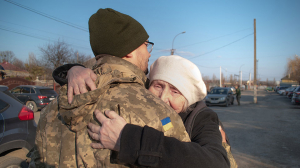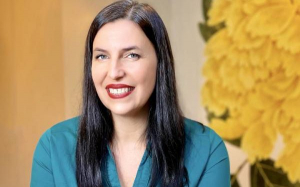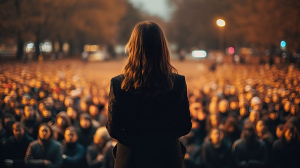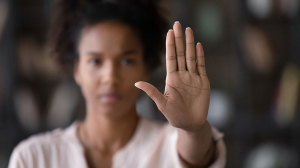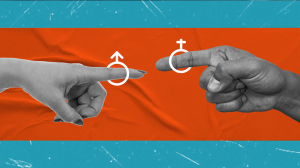Published work
Published reports and news articles authored by Luba Kassova
UK news coverage of women-focused issues down a fifth in five years
In advance of International Women's Day Luba asked herself whose worries, stories and voices had been heard in the news in the UK and globally in recent years. To tackle this question she and AKAS turned to big [GDELT] data analysis. This article for the Press Gazette unveiled the surprising results.
How journalism can uncover women’s hidden stories within the cost of living crisis
This is the third in a three-part article series that Luba authored for IJNet dedicated to unearthing key findings in From Outrage to Opportunity. It explores the hidden story angles about women affected by the cost-of-living crisis. Too often women's unique and structural challenges remain hidden within macro story angles that news providers focus on when reporting the crisis-of-living crisis. This article opens the curtains to reveal some of them.
How to make room for the diverse perspectives of women in the news
How Ukrainian women`s stories became forgotten by the media
News coverage of systemic gender gaps is virtually nonexistent. We can change that.
In this first in a series of three solutions-based articles, Luba explores one of the news industry’s main blind spots: failing to recognize or report on the longstanding systemic gaps between men and women that grant men unfair advantages over women. She explains why this is the case and offers ideas about how to change it based on interviews with dozens of senior editors across the globe.
Women in Politics and Access to Media in Nigeria
This opinion piece for TVC News explores news media’s role in amplifying women’s severely marginalised voices in Nigeria ahead of the general elections. Luba finds that in all the countries researched, including Nigeria, news operates more as a mirror of society than a megaphone for marginalised voices. Audiences feel increasingly disenfranchised but there are solutions to changing this.
Why this song could never have been written about a man. The high price of being a woman in politics
This article, published by a leading online news provider in Bulgaria, tackles the asymmetrical treatment of women politicians by the news media and the media’s ability to undermine/destroy female politicians’ careers by amplifying pro-male/anti-female biases. Bulgarian news media has played a devastating role in Lena Borislavova’s political career. The article offers solutions for what can be done to intercept news reporting biases. You can find a version in English here.
Newsrooms improving in putting women in editorial positions. Now they must consider race
South Africa may occupy a leading position in terms of women's representation in newsrooms and news leadership compared to some countries but when considering the issue of race, a different picture emerges, writes Luba Kassova.
Does the media play its role well when addressing violence against women?
Indian women are almost completely locked out of the highest levels of political and news editorial power, with the result that women’s struggles and perspectives are excluded from public discourse, writes Luba Kassova.
Pro-male social norms muting women’s perspectives in news
In her research, Luba sometimes speaks with women who have endured violence from men, usually ones they knew. The consequences are always devastating — destroyed self-worth, demolished lives, anguish that reverberates through generations. But how much attention does the news coverage in Kenya and globally pay to this structural problem? Not enough, concludes Kassova.






